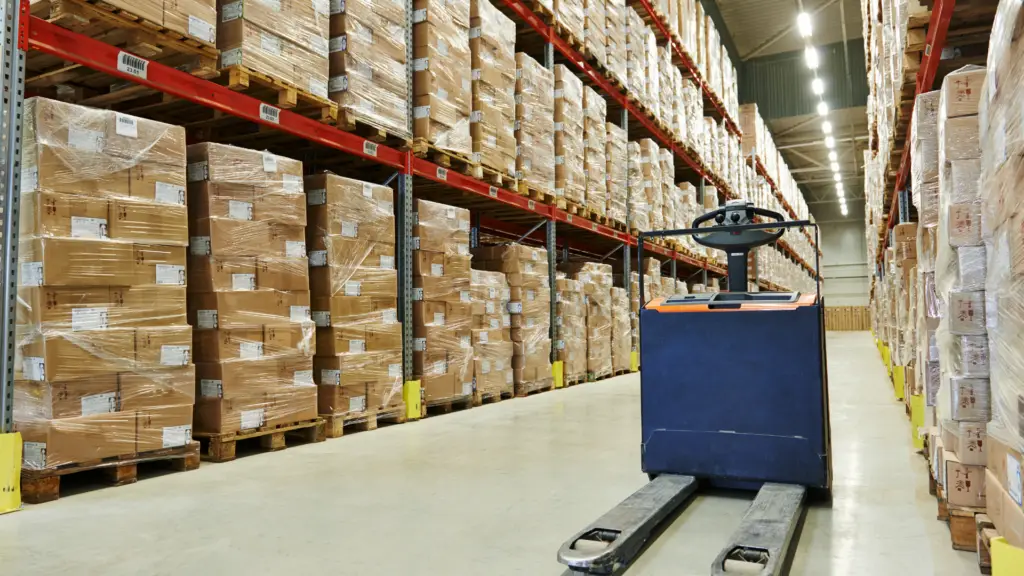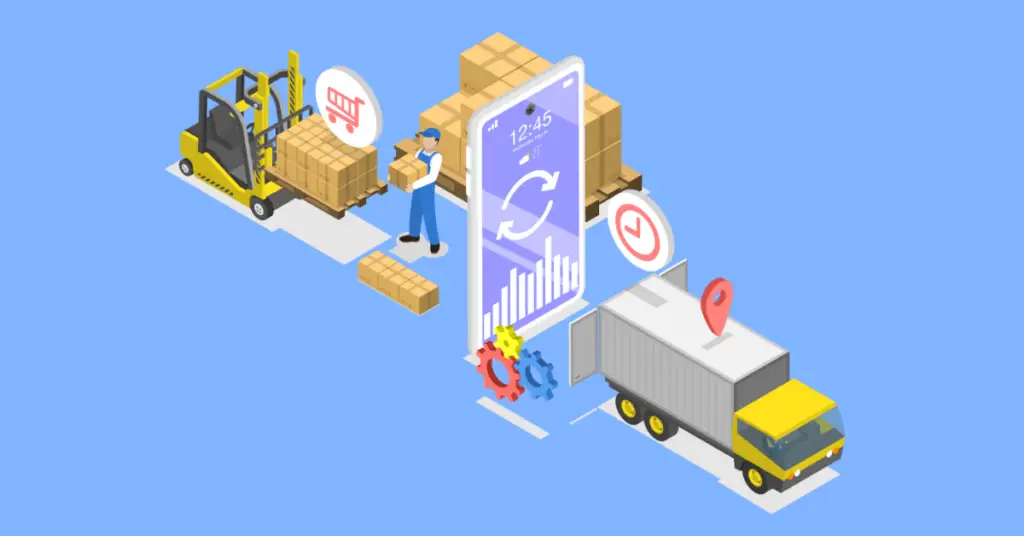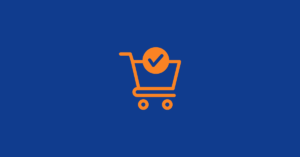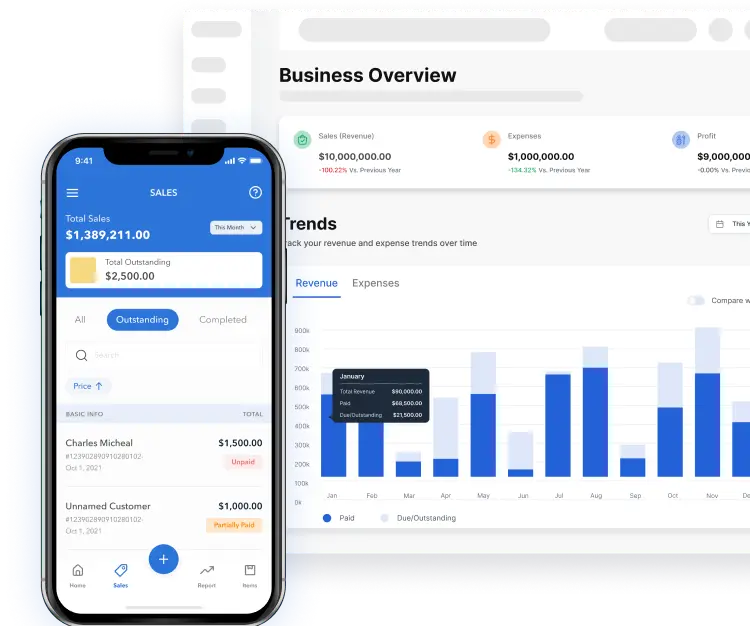In the intricate world of supply chains and business logistics, a distributor’s role is vital yet often overlooked. Distributors act as the essential connection between manufacturers and the market, ensuring products move efficiently from production to consumers. They manage everything from inventory control and order fulfillment to market expansion and customer support. This blog explores what a distributor is, how they operate, and their significant impact on businesses.
Whether you’re a manufacturer aiming to expand your market reach or simply curious about how products reach you, understanding distributors provides valuable insights into the delivery of goods and services. We’ll be discussing:
- What is a Distributor?
- Difference Between a Distributor and a Wholesaler
- Types of Distributors
- How Distributors Add Value
- Choosing the Right Distributor
What Is a Distributor?

In business, a distributor acts as an intermediary between manufacturers and retailers or end customers. Distributors play a crucial role in the supply chain by purchasing products from manufacturers and selling them to retailers or directly to consumers. They help manufacturers expand their reach and manage logistics while providing retailers access to various products.
Distributors typically handle various aspects of product management, including inventory storage, order fulfillment, and customer service. They often have established networks and market knowledge that help streamline the distribution process and ensure products reach their intended markets efficiently.
Difference Between a Distributor and a Wholesaler
Although “distributor” and “wholesaler” are often used interchangeably, they refer to distinct roles in the supply chain. Here’s a breakdown of their differences:
| Aspect | Distributor | Wholesaler |
|---|---|---|
| Role | Distributors buy products from manufacturers and sell them to retailers or end customers. They often offer additional services such as marketing support, after-sales service, and inventory management. | Wholesalers purchase large quantities of products from manufacturers or distributors and sell them in bulk to retailers or other businesses. |
| Relationship | Distributors usually have exclusive agreements with manufacturers, meaning they are the sole distributor for certain products in specific regions. | Wholesalers typically do not have exclusive agreements with manufacturers and may deal with multiple suppliers. |
| Services | Distributors may provide additional value through promotional activities, product training, and customer support. | Wholesalers focus mainly on bulk purchasing and reselling, with less emphasis on additional services. |
Types of Distributors

Exclusive Distributors
Exclusive distributors hold exclusive rights to sell a manufacturer’s products within a specific geographic region or market segment. This exclusivity often means that the manufacturer will not appoint any other partners within the assigned area.
Characteristics:
- Exclusive Rights: They have sole rights to distribute the manufacturer’s products in their designated territory, which can enhance their market position and reduce competition.
- Close Relationship: They typically develop a strong, long-term partnership with the manufacturer. This relationship often includes collaboration on marketing strategies, promotional activities, and product development.
- Marketing and Promotion: Exclusive distributors often play a significant role in the marketing and promotion of products. They may conduct local advertising, participate in trade shows, and engage in market research to boost sales.
- Inventory Management: They usually maintain substantial inventory levels to ensure product availability and quick delivery to local retailers or customers.
- Customer Support: They provide specialized customer service, often including technical support, training, and after-sales service tailored to the needs of their market.
Wholesale Distributors
Wholesale distributors buy products in bulk from manufacturers and sell them to retailers, businesses, or other intermediaries, rather than to end consumers. They act as a bridge between manufacturers and retailers, facilitating the distribution of goods on a larger scale.
Characteristics:
- Bulk Purchasing: They purchase large quantities of products from manufacturers, which allows them to benefit from volume discounts and pass on cost savings to their customers.
- Variety of Products: Wholesale distributors typically deal with a wide range of products across different categories and from various suppliers. This variety helps them cater to diverse customer needs.
- Business-to-Business Transactions: Their primary customers are other businesses rather than individual consumers. They provide products to retail stores, other wholesalers, and sometimes even directly to business end-users.
- Logistics and Storage: They manage large warehouses and complex logistics operations to handle the bulk movement of goods. This includes inventory management, order fulfillment, and distribution planning.
- Price Setting: They often set their prices based on the cost of procurement, market conditions, and desired profit margins.
Retail Distributors
Retail distributors purchase products from manufacturers or wholesalers and sell them directly to consumers. They operate on a larger scale than typical retail stores, often managing significant inventory and providing a broad range of products.
Characteristics:
- Direct Sales: They sell products directly to end consumers through physical stores, online platforms, or a combination of both. This direct-to-consumer model allows them to influence the customer experience and product presentation.
- Inventory Management: Retail distributors handle large volumes of stock and manage inventory levels to meet consumer demand. They also deal with logistics related to stocking and replenishing products.
- Customer Service: They offer customer service similar to retail stores, including handling returns, providing product information, and offering support both pre- and post-purchase.
- Marketing and Merchandising: Retail partners often engage in promotional activities, special sales events, and loyalty programs to attract and retain customers. They use marketing strategies to increase visibility and drive sales.
- Store Operations: They manage store operations, including staffing, store layout, and customer experience. This includes maintaining a pleasant shopping environment and ensuring product availability.
How Distributors Add Value

- Market Reach: Distributors help manufacturers reach markets that may be difficult to access on their own. Their established networks and local market knowledge facilitate broader product distribution.
- Inventory Management: By handling inventory storage and management, distributors reduce the burden on manufacturers and retailers, ensuring products are available when needed.
- Customer Service: These partners often handle customer support, including inquiries, returns, and service issues, which enhances the overall customer experience.
- Marketing and Promotion: Many also assist with marketing and promotional efforts, helping to increase product visibility and sales.
Choosing the Right Distributor
When selecting a distributor, consider the following factors:
- Market Coverage: Ensure they have a strong presence in your target market or region.
- Industry Experience: Opt for a partner with relevant experience in your industry and a solid understanding of the market.
- Additional Services: Evaluate the extra services they provide, such as marketing support and customer service.
- Reputation: Select a partner with a solid track record of reliability and professionalism.
Related Read: Inventory Management Best Practices
Conclusion
Distributors play a vital role in the supply chain, bridging the gap between manufacturers and retailers or consumers. Understanding the differences between distributors and wholesalers, as well as the role of a distributor in various contexts, can help businesses make informed decisions about their distribution strategies. Whether you’re looking to expand your market reach or manage inventory effectively, partnering with the right distributor can significantly impact your business’s success.
To streamline these processes and enhance your distribution strategy, consider leveraging Vencru’s powerful inventory and order management features. Vencru helps businesses optimize their supply chain, track inventory in real time, and improve communication ensuring your business stays competitive and efficient.
Related Content






